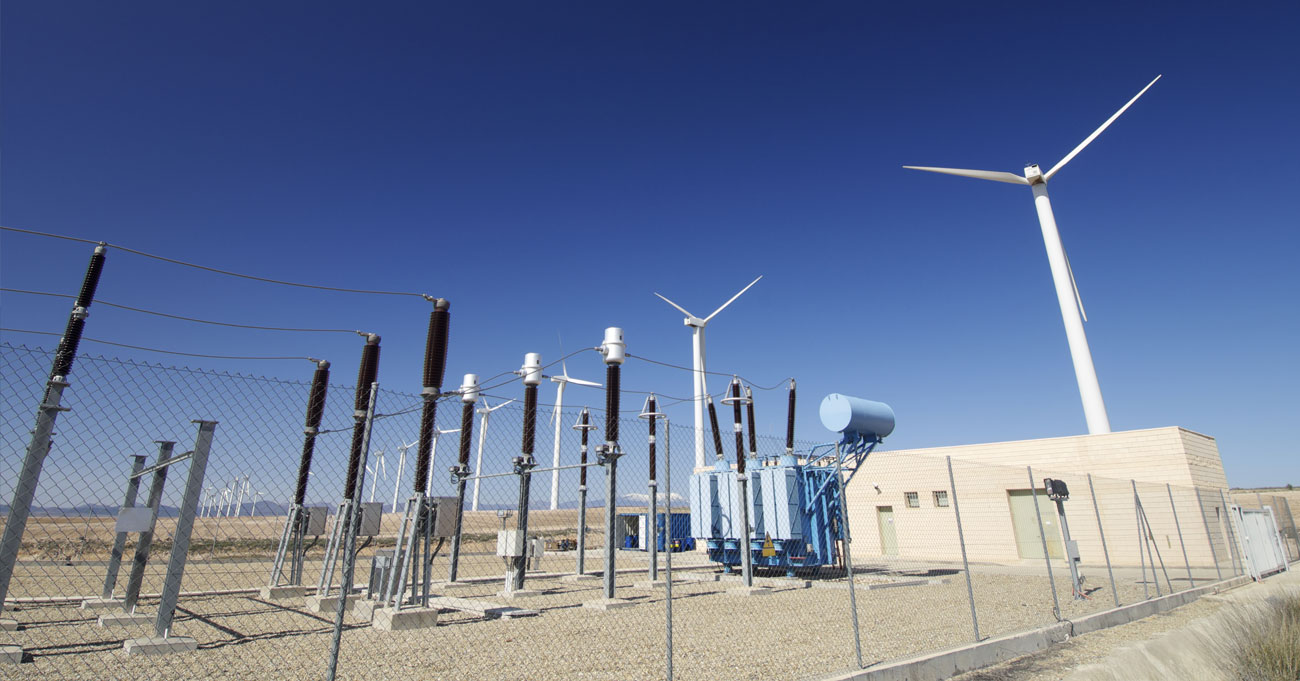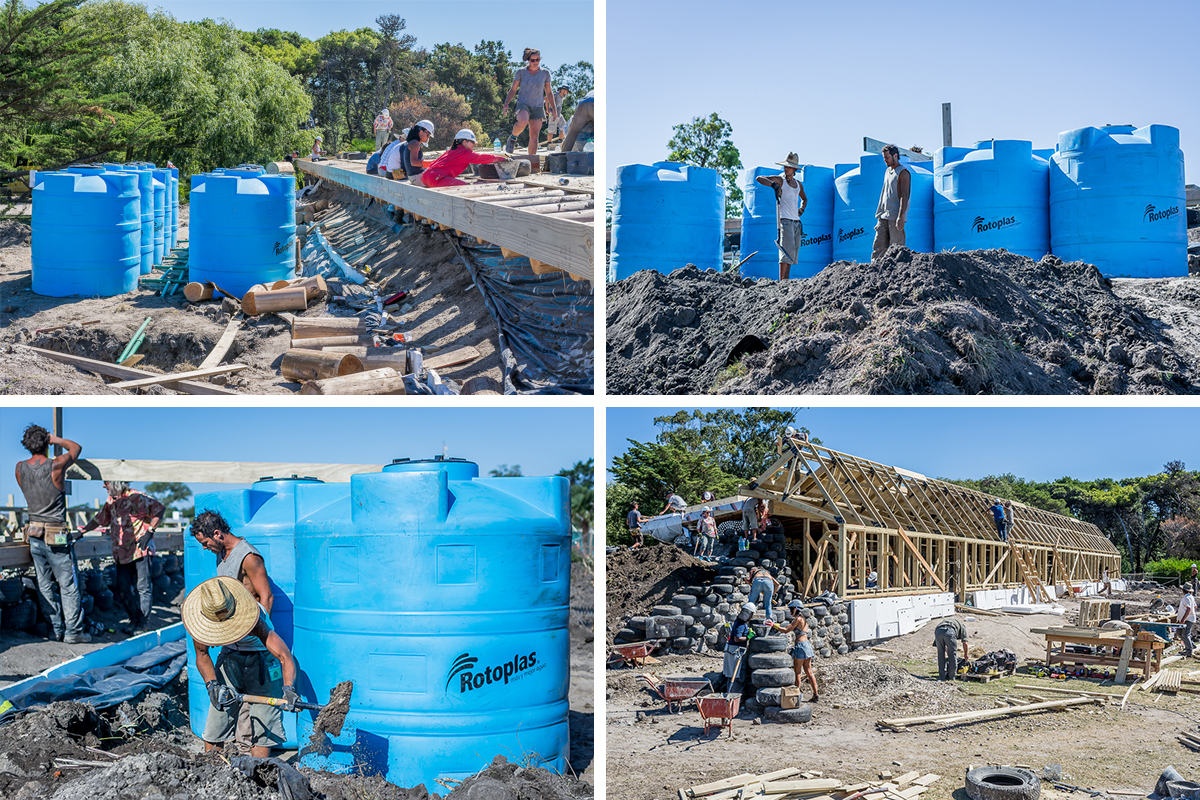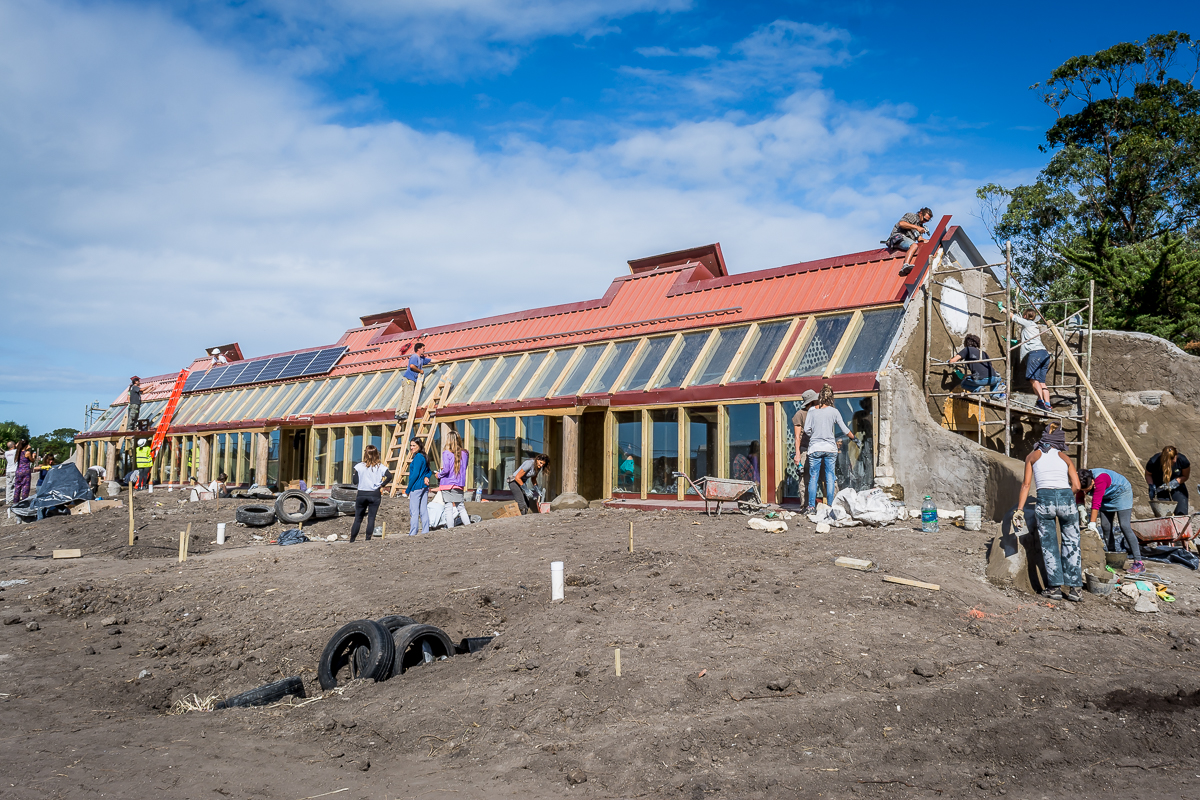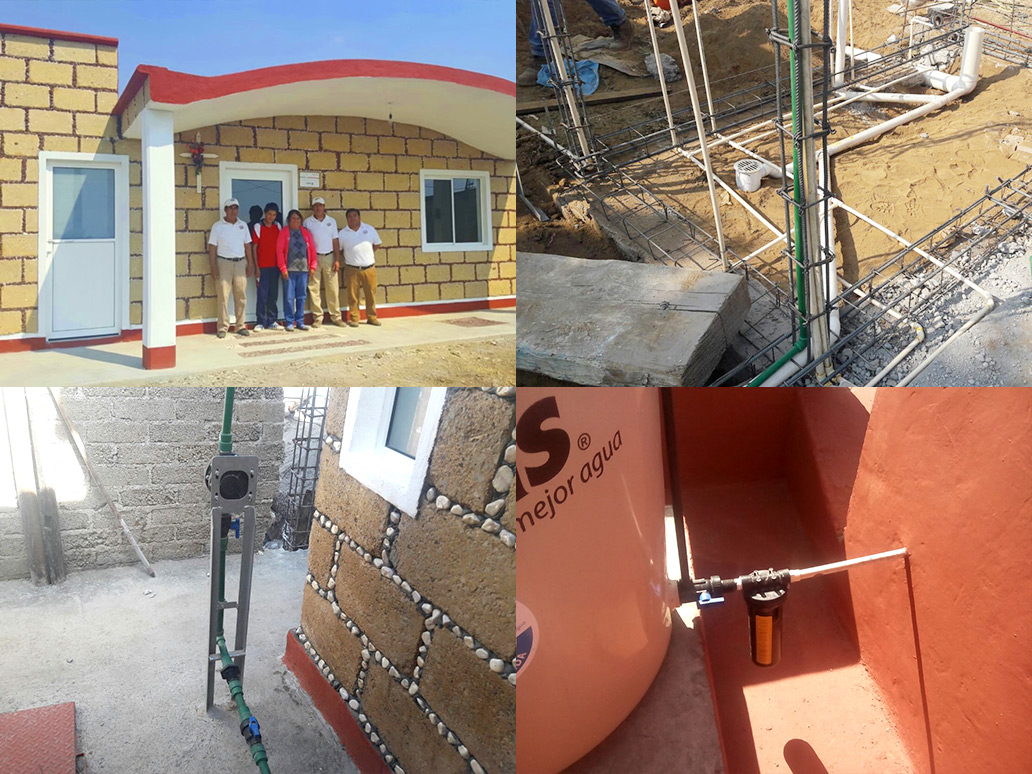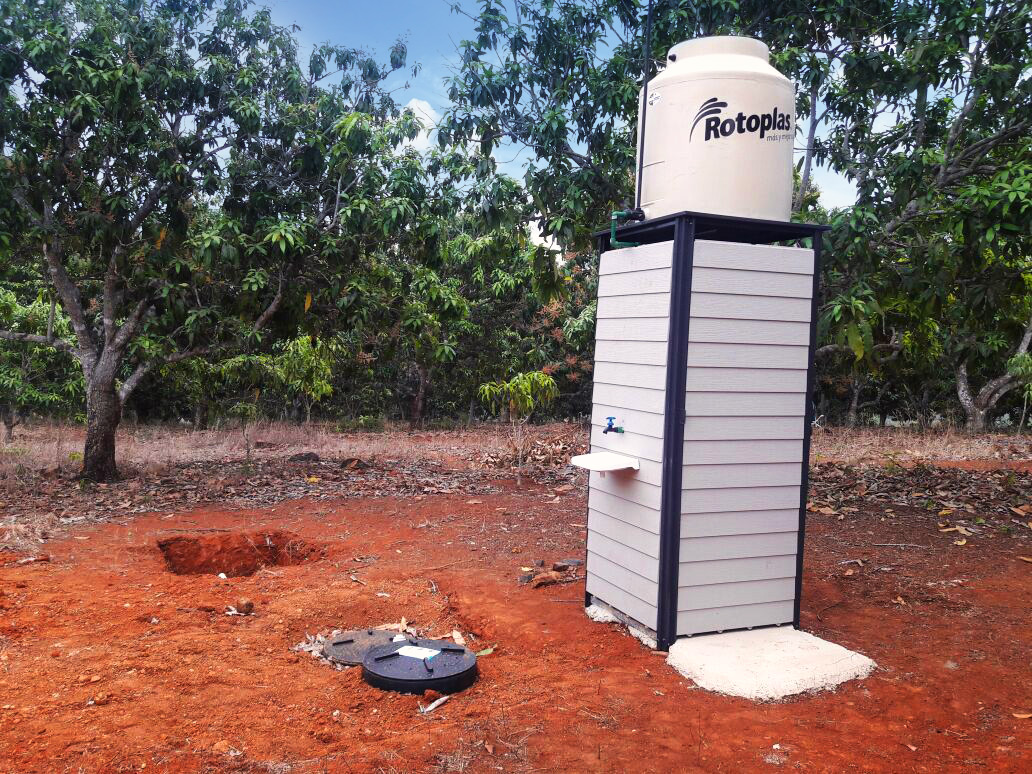| Through an operational efficiency approach and in accomplishment of the Environmental Management Systems of the company, the Guatemala plant has started with the implementation of optimization initiatives for water, resources and enhancing their water culture. |
The Guatemala facility has started with various recycling & resource optimization projects, developing 3 principal actions:
Recycling
Water optimization in the production processes
Water culture
Recycling:
Nowadays, we recycle paper, paperboard, nylon and e-waste. In respect to the recycling of paper we developed initiatives such as the “Day of the order and cleanness” and the implementation of recycling stations located in spaces near our collaboratives. We have recycled more than 800 lbs. of paper and the annual projection is about 700 lbs. The economic earnings of this recycling activities is donated to the foundation “Nature Defenders” which mission is to conserve the economic diversity and culture of important ecosystems in Guatemala, through the sustainable use of natural resources and with the active participation of the community.
Water optimization in the production processes:
In the final phase of rotomolding, we implemented a process that recovers water through the installation of 2 filters (one holds resins, and the other one holds carbon) and a gravel and pomex detainer. This has aloud us to increase the cycles in which we use water, using it between 9 or 10 times, recycling it in 80 %. This recovery project traduces in a total save of 30 cubic meters of water monthly and its bombing energy.



